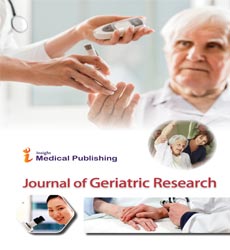The end of Phase 3 clinical trials in biosimilars development?
Abstract
Most patients still have limited or no access to life-changing therapeutic proteins in the treatment of their cancer or autoimmune disorders. The development of biosimilars is a complex and expensive undertaking, the more as what is called “reference compound” is often a moving target, these compounds manufacturing process experiencing multiple changes, some being significant. The current clinical development model of biosimilars is expensive, as it is based on large, comparative phase 3 trials that in most cases do not provide meaningful information on the clinical equivalence (efficacy/safety) of biosimilars and reference compounds. At the same time, the development of state-of-the-art orthogonal analytical methods has enabled a better understanding of the structure and structure-function relationship of biotherapeutics. Hence, we suggest here that a solid chemistry, manufacturing, and controls (CMC) package and meaningful phase 1 studies will leave limited uncertainty on biosimilarity, which can be addressed-if needed-by post-approval, long-term follow-up studies (post-approval studies, pharmacovigilance, real world evidence data and registries, and possibly new post-approval models to be developed). We believe that this new approach may be more appropriate than 600- to 1000-patient, phase 3 trials in assessing biosimilarity and therapeutic equivalence, under the condition that the administered biosimilar given to individual patients can be clearly identified. Obviously, there will probably never be a "one size fits all" development model, and an individualized, risk-based approach to biosimilar development will always have to be considered and discussed early with regulators.
Open Access Journals
- Aquaculture & Veterinary Science
- Chemistry & Chemical Sciences
- Clinical Sciences
- Engineering
- General Science
- Genetics & Molecular Biology
- Health Care & Nursing
- Immunology & Microbiology
- Materials Science
- Mathematics & Physics
- Medical Sciences
- Neurology & Psychiatry
- Oncology & Cancer Science
- Pharmaceutical Sciences
